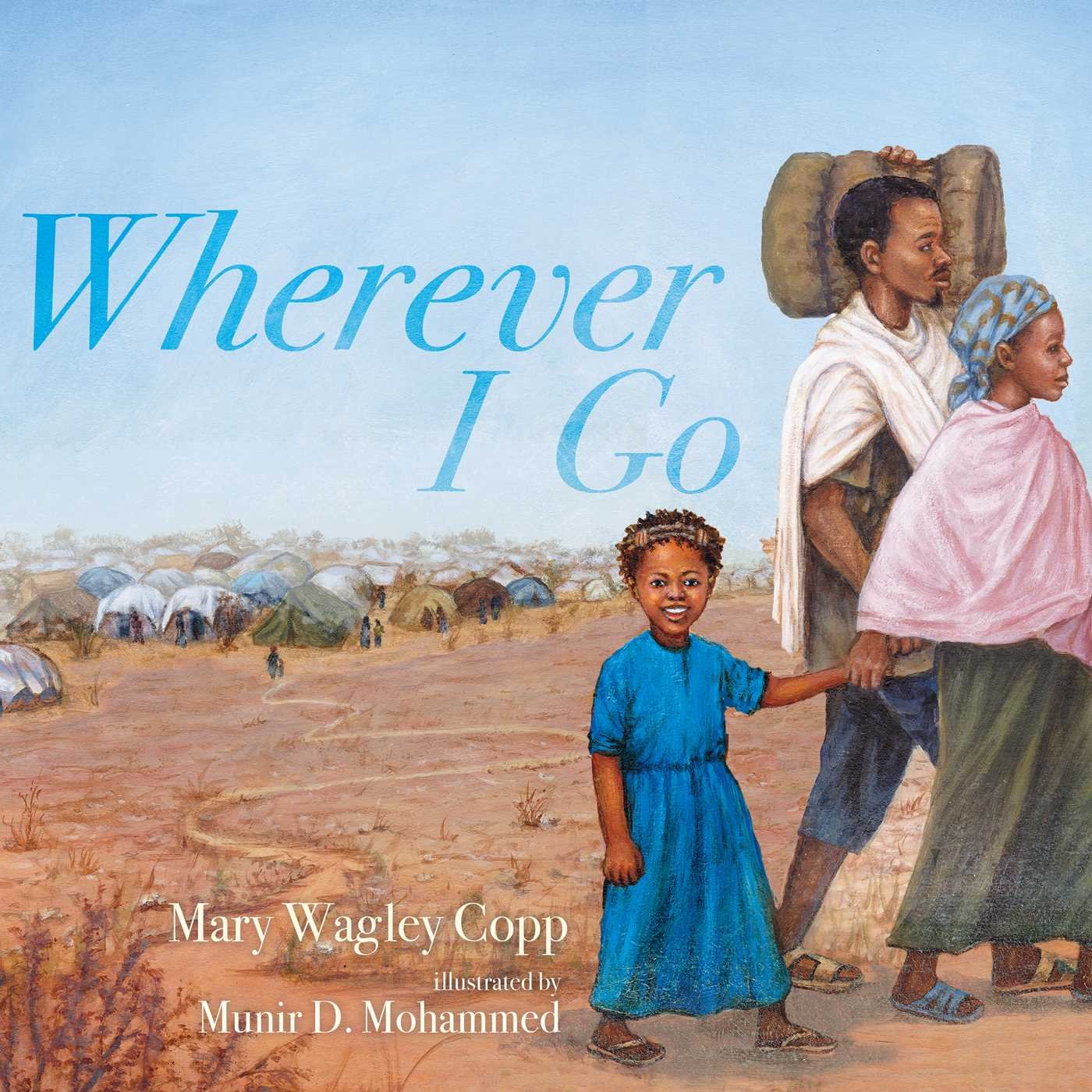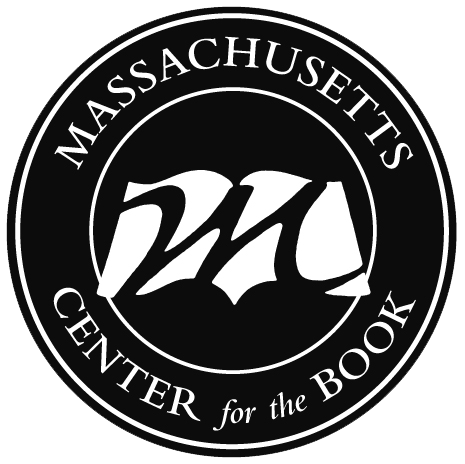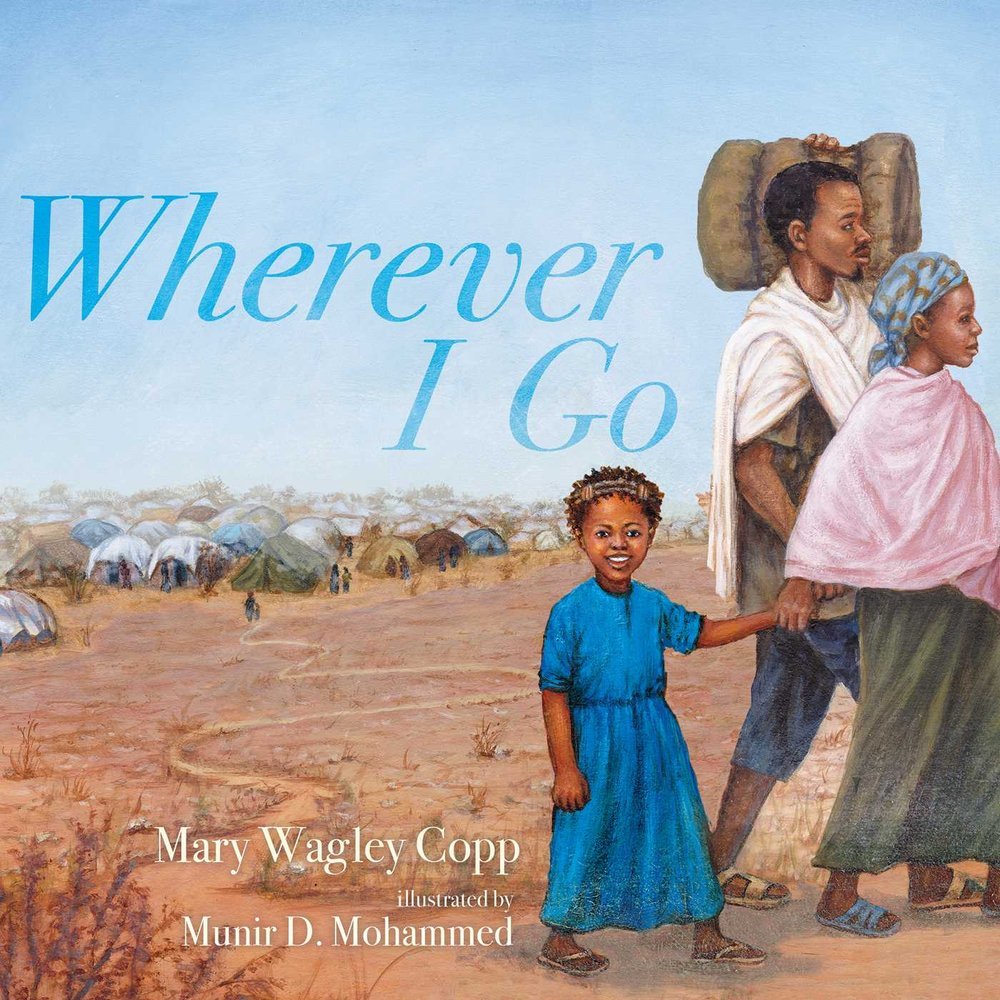
Wherever I Go
About the Story
Of all her friends, Abia has been at the Shimelba Refugee Camp the longest—seven years, four months, and sixteen days. Papa says that’s too long, and they need a forever home. Until then, though, Abia has something important to do: be a queen.
Sometimes she’s a noisy queen, banging on her drum as she and Mama wait in the long line for rice and oil. Sometimes she’s a quiet queen, cuddling her baby cousin to sleep while Auntie is away collecting firewood. And sometimes, when Papa talks hopefully of the forever home in their future, Abia is a little nervous. Forever homes are in strange and faraway places.
— from the book jacket of Wherever I Go
Great Reads from Great Places 2022
Wherever I Go is intended to represent many children in many different refugee camps. The camp Abia shares stories from in the book is the Shimelba Refugee Camp, which was established in 2004 in northern Ethiopia to accommodate Eritrean refugees seeking international protection.
To see an enlarged version of the Shimelba Camp profile with more detailed information, visit UNHCR’s site.
Discussion Questions
Abia does not find her home in a physical place. Instead, she finds her home in the people around her: the ones who take care of her and the ones she spends time with. Who are some people in your life that are your ‘home?’
How would you compare your bedroom to Abia’s?
“I am Queen Abia of the Shimelba Camp.”
Abia’s father weaves her a crown from the acacia tree fit for a queen. Abia declares herself to be queen of the fields, queen of balance, queen of the hills, the strongest of all queens, a quiet queen, and as her Mama says, sometimes a noisy queen. What kind of ruler are you? What do you rule over?
Does Abia think she will be the same kind of ruler when she moves to her forever home?
“Mama says we’ll have our stories, though. Wherever we go.”
When Abia and her family leave the refugee camp, they have to leave their belongings. However, Abia’s mother tells her that they will still have their stories, no matter where they go. What stories do you have with you wherever you go?
What is fufu?
“Every day, Mama and I take turns pounding cassava root to make fufu for our next meal. That’s made me the strongest of all queens, I’m sure of that.” — Abia in Wherever I Go
Fufu, also spelled foofoo, is a popular dish in western and central African countries and, due to African migration, in the Caribbean as well. It consists of starchy foods—such as cassava, yams, or plantains—that have been boiled, pounded, and rounded into balls.
For more information, see: fufu | Encyclopedia Britannica.
Check out a recipe for West African Fufu!
Abia with her crown from Wherever I Go
Woven Crown Craft
I think it is the perfect amount of time to become a queen. Papa must agree because he wove me a crown from the acacia tree. — Abia in Wherever I Go
Want to wear a crown like Abia’s? Linked are instructions on how to create a crown just like hers and become your own queen!
Thank you to the Indigo Arts Alliance for the creation of this craft!
Meet the Author
Mary Wagley Copp has worked for many years in the refugee resettlement community. She was a producer of an award-winning documentary on refugee resettlement, which was the inspiration for this book. Her professional life has also included community organizing in Appalachia, teaching in Ecuador, and being executive director of two nonprofit organizations. When not writing stories for children, Mary teaches ESL to newcomers. She lives with her husband in Westport, Massachusetts, with one dog and many chickens. They have three grown children.
Meet the Illustrator
Munir D. Mohammed is a native of Ghana, West Africa, who lives in Providence, Rhode Island. He maintains an active studio practice and does community-based work as a muralist. He is the cofounder of the International Gallery for Heritage and Culture, which provides art and cultural education programming in schools and the community. Munir received a master of arts degree from the Rhode Island School of Design, where he is a teaching artist for Project Open Door, RISD’s college access program for artistically talented teens attending local urban public high schools.
For more information on refugees and the resettlement process, please visit:





